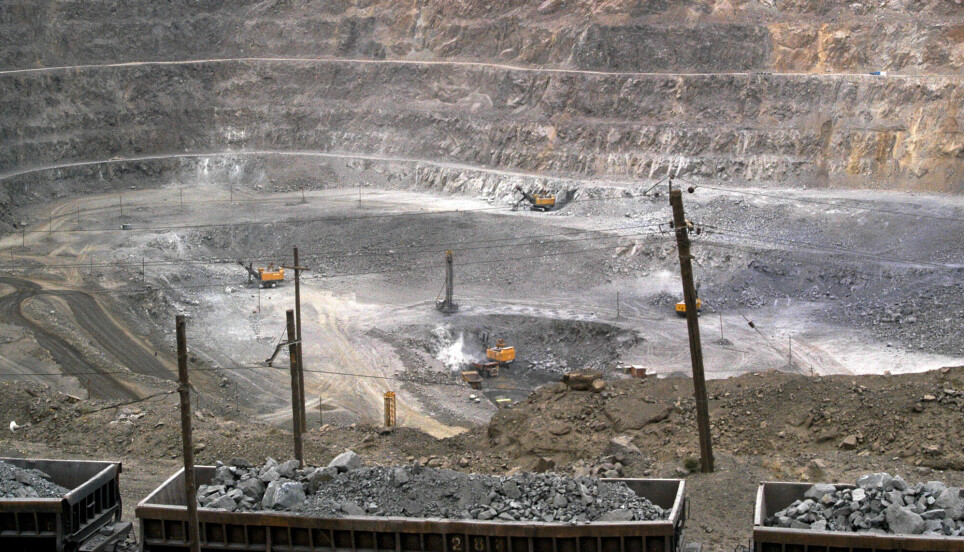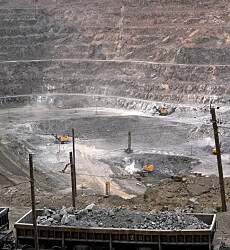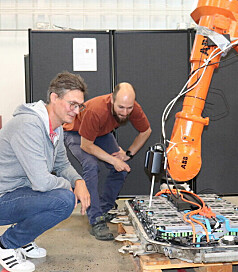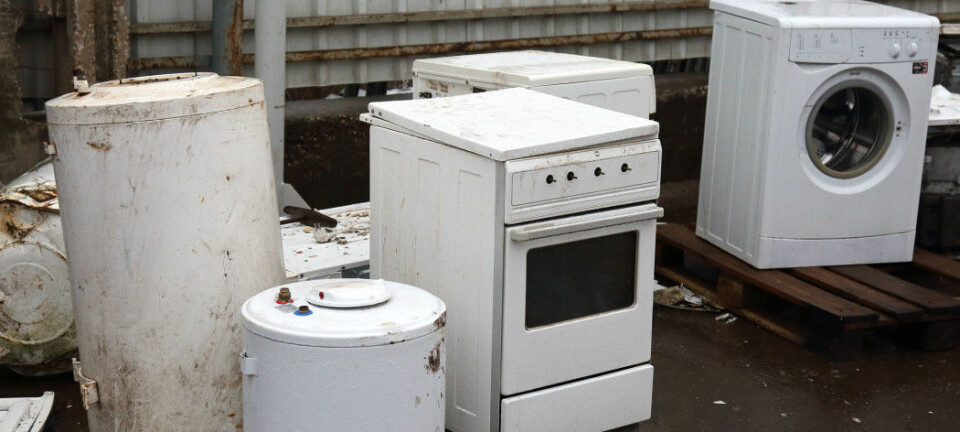
What happens if we can’t buy critical metals from the Chinese?
The green shift makes us even more dependent on metals China has a near-monopoly on.
Russia's invasion of Ukraine has been a wake-up call.
Europe's dependence on Putin's gas has plunged Europe into an energy crisis.
Warnings about Europe’s strong dependence on China – and the country's dictatorial leader Xi Jinping – are on the rise.
Critical minerals from China
Our modern society depends on what experts call critical minerals for many items that we use in our lives today.
If we lose access to these critical minerals, we have a big problem.
We could face bigger problems than we have with the current energy crisis if Europe were to end up in a similar conflict with China as we have with Russia today.
This could happen if, for example, Xi Jinping decided to go to war against Taiwan – like Putin did against his neighbouring country.
China holds the reins
“China isn't just digging up a lot of these raw materials. China also controls a great deal of the refining of minerals that come from other countries,” says Moana S. Simas from the Norwegian research organisation SINTEF.
Simas warns that the problem of China’s control could grow in the years to come.
This might happen as we become increasingly dependent on these minerals in carrying out the green shift towards a more climate-friendly society.
“We have good reasons to be concerned about this,” Erika Ingvald at Sweden's Geological Survey (SGU) confirmed with the Swedish newspaper Dagens Nyheter (link in Swedish).
She believes that the Chinese regime has long had a strategy of making the world, including the EU, dependent on China.
“We can’t predict what they will do with that power,” she says.
Norway has the highest proportion of electric cars in the world. Every electric car battery contains several thousand small battery cells. In a few years we’ll be seeing lots of used electric car batteries. We’re already reusing parts of these batteries, but we need to get a lot better at this.
More than car batteries
Many people have heard of metals such as lithium, cobalt and nickel. These are important components in electric car batteries.
But electric car batteries are far from the only product dependent on critical minerals.
Almost all new light bulbs are now LEDs. The metal gallium is essential for making LED lights. The element is also an important component in semiconductors, crucial for the new 5G technology. More than 95 per cent of all gallium used is probably produced in China. There is a lot of secrecy surrounding the production figures.
Indium is important for making the touch screen on your mobile phone work.
Antimony, germanium, cerium, neodymium, scandium, bismuth, tungsten – and more – the list of these more or less rare raw materials from nature that we have become dependent on for our modern technology is a long one. The products include everything from PCs and television sets to wind turbines and military equipment.
Circular economy
“What’s positive is that we’re now beginning to open our eyes to this dependence on China,” says SINTEF researcher Simas.
“We’re in the initial phase of developing technology that requires less of these critical minerals – or technology where we can manage completely without them,” she says.
Simas points to the new circular economy as being perhaps the most important.
In short, this means that we are getting much better at recycling metals, so we can reduce the use of raw materials, waste, emissions and energy consumption.
And we can become less dependent on China.
“Norway is the country with the highest proportion of electric cars in the world. Every electric car battery contains several thousand small battery cells. In a few years we’ll be seeing lots of used electric car batteries.”
“We’re already reusing parts of these batteries, but we need to get a lot better at this.”

Design for recycling
Simas points to a very significant obstacle to achieving a better cycle with raw materials: from the smallest mobile phones to large wind turbines, new products are not designed with recycling in mind.
“Today recycling is often too expensive,” she says.
“By designing new products in a different way, we could make extracting the raw materials and reusing them much easier. Producing goods with recycling in mind has to become much more important in the future.”
Need to bring more people on board
Simas says that designing with recycling in mind is becoming a popular field of research.
Funding for this research is also growing.
“But a lot remains to be done. We’ve identified a lot of the problems, and we’ve also come up with several new techniques. But we have a long way to go to bring this to a commercial stage,” Simas says.
The interest in this among politicians and industry professionals is growing, she says.
Now the most important next step is to bring more people on board with the new circular economy.
“One key step is for electric car buyers to realize how important it is to be able to recycle that new electric vehicle they’re purchasing,” says Simas.
Reference:
Felix K. Chang: China's Rare Earth Metals Consolidation and Market Power. Foreign Policy Research Institute Analysis, March 2022.
———
Read the Norwegian version of this article at forskning.no
------




































